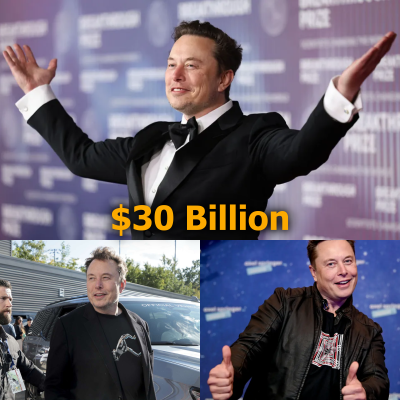The Truth Behind Bruno Mars’s Hit Songs
Bruno Mars, one of the most celebrated artists of his generation, is known for chart-topping hits and genre-blending music. However, recent allegations have cast a shadow over his reputation. Critics and industry insiders have accused the pop icon of relying heavily on ghostwriters and co-producers without giving them proper credit, raising questions about authenticity in his songwriting process.

The Allegations: Is Bruno Mars Truly the Mastermind Behind His Hits?
Bruno Mars has built a reputation as a multi-talented artist, credited as the main force behind hits like Uptown Funk, 24K Magic, and Just the Way You Are. Despite this, industry chatter suggests that some of his work heavily depends on behind-the-scenes contributors.
One particular controversy arose from claims that certain songs credited to Mars prominently feature the uncredited contributions of co-writers and producers. While collaboration is common in the music industry, critics argue that Mars’s marketing portrays him as a singular genius, potentially minimizing the roles of his creative partners.

Ghostwriting and Transparency in the Music Industry
The ghostwriting allegations highlight a larger issue within the music industry—a lack of transparency in creative contributions. While Mars openly credits producers and co-writers in liner notes, some collaborators allege their contributions have been understated. Critics claim that songs like Uptown Funk, co-produced with Mark Ronson, heavily relied on the input of other writers who were overshadowed by Mars’s star power.
This has led to debates about whether Mars deserves the accolades he receives, including Grammys for songwriting. Detractors argue that he should share the spotlight more equitably with the lesser-known talent who contributes to his success.

Fan and Industry Reactions
Reactions to the allegations have been mixed. Many fans rushed to Mars’s defense, arguing that collaboration is a natural part of the music-making process. They view the criticisms as an attempt to discredit an artist who has proven his talent through electrifying live performances and undeniable hits.
On the other hand, some within the music industry have sided with the critics. Anonymous producers and songwriters have shared anecdotes suggesting that Mars’s team uses his fame to overshadow collaborators. These claims resonate with fans who feel that the integrity of music is compromised when credit is unfairly distributed.
Bruno Mars’s Response to the Controversy
Mars has yet to issue a formal response to the allegations, which has further fueled speculation. In past interviews, he has described his creative process as collaborative, emphasizing that “teamwork is essential to creating timeless music.” However, his silence in the face of these specific accusations has left critics questioning whether he has something to hide.
The Ethical Debate: Collaboration vs. Exploitation
The controversy surrounding Bruno Mars raises broader ethical questions: When does collaboration become exploitation? In an industry where credit can make or break careers, failing to adequately recognize contributors risks marginalizing their efforts. Critics argue that artists like Mars have a responsibility to ensure transparency, especially when they enjoy immense fame and success.
A Stain on Bruno Mars’s Legacy?
While Bruno Mars remains a beloved figure in the music world, the ghostwriting controversy has sparked important discussions about artistic integrity and credit in the entertainment industry. Whether these allegations will significantly impact his legacy remains to be seen. For now, the scrutiny serves as a reminder that in the age of collaboration, the spotlight should be wide enough to include all contributors.









Post Comment